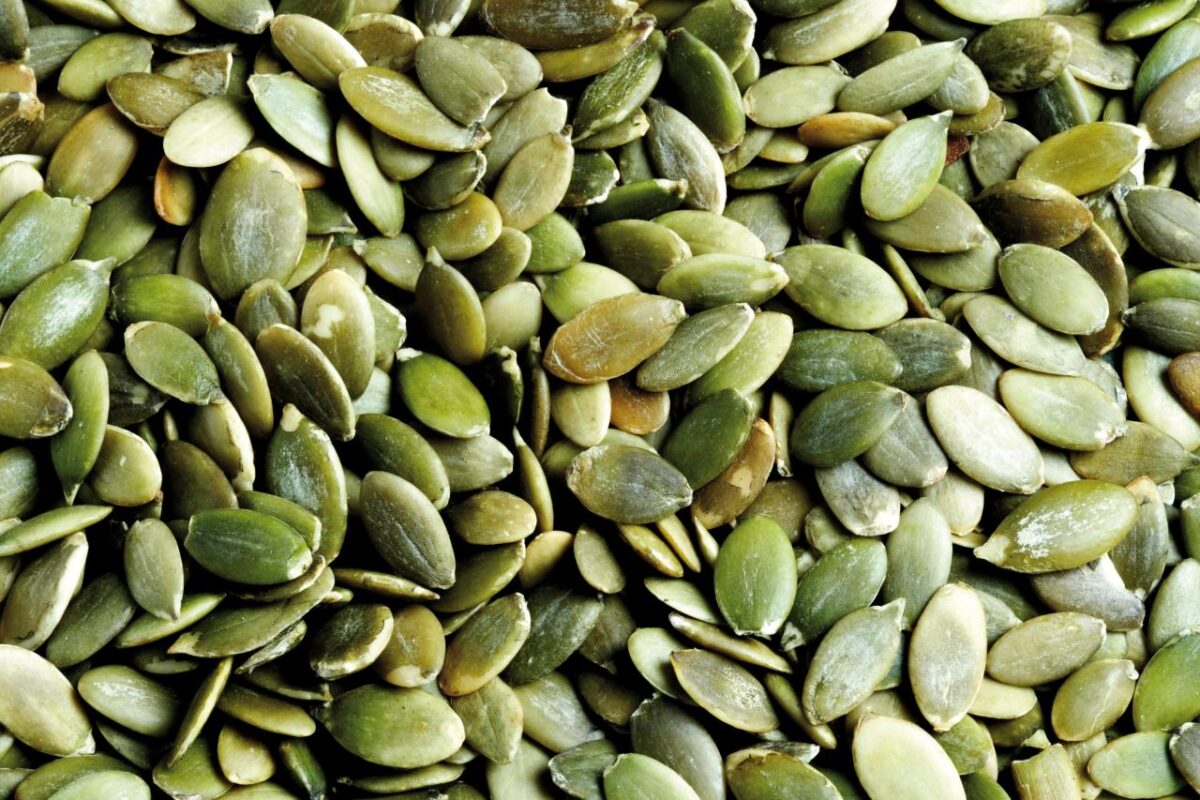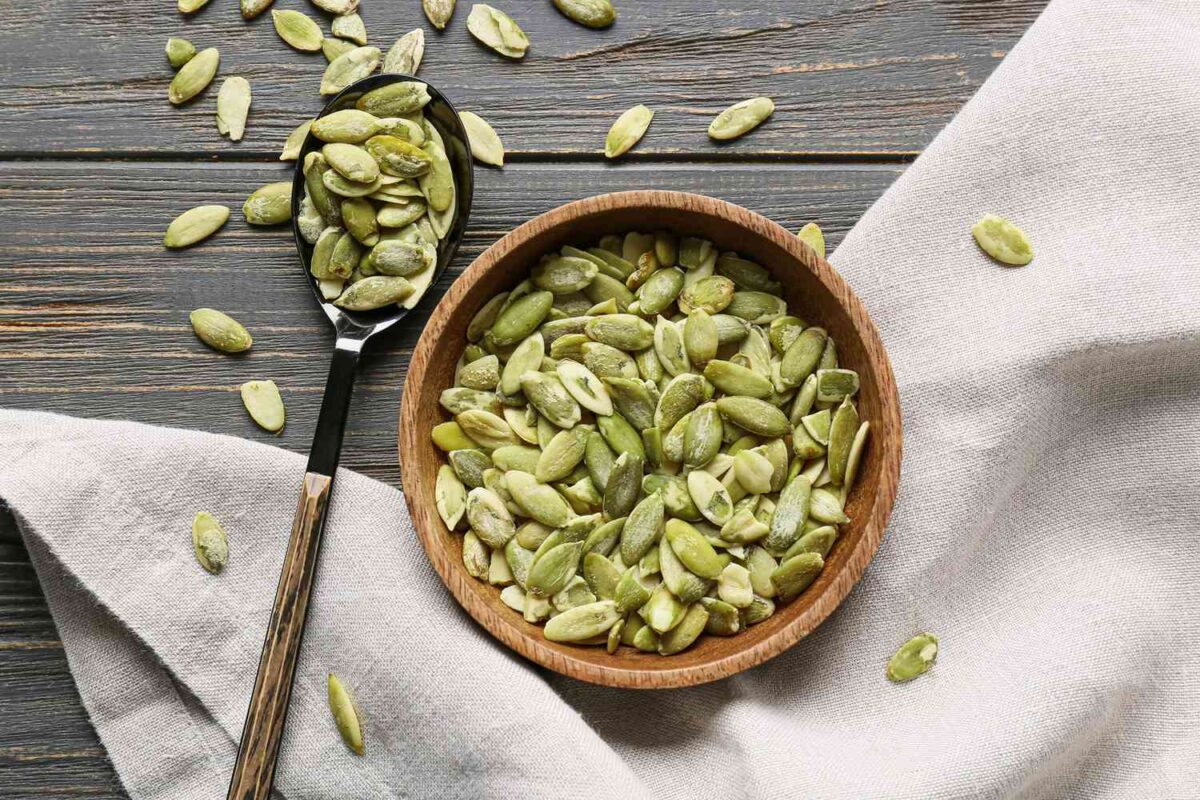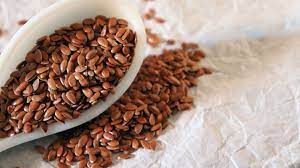Chia seeds have their roots traced back to ancient Mesoamerica, prominently revered by the Aztecs and Mayans as a staple and energy booster. These tiny black and white seeds have since evolved beyond their historical confines, emerging as a contemporary superfood embraced globally. The steady crescendo in their popularity can be attributed not only to their myriad health benefits but also to their versatility in culinary use.
1. The Nutritional Powerhouse
Originating from the plant Salvia hispanica, chia seeds are, simply put, a nutrient dynamo. They are particularly rich in Omega-3 fatty acids, dietary fibers, proteins, antioxidants, and a cocktail of minerals including calcium, phosphorus, and magnesium. This powerful combination makes them one of the most nutritious foods on the planet.
By juxtaposing chia seeds with other grains and seeds, an evident disparity in nutritional value is observed. For instance, chia seeds boast a more substantial Omega-3 profile than even flaxseeds. Their high-quality protein content, devoid of any gluten, further accentuates their appeal to health-conscious individuals.
2. Enhancing Digestive Health
The human digestive system thrives on dietary fiber, and chia seeds are a magnificent source of this. Their rich fiber content aids in fostering a healthy gut environment, promoting regular bowel movements, and preventing constipation. The high fiber content in chia seeds also aids in stabilizing blood sugar levels post meals.
A plethora of individuals have attested to the transformative impact chia seeds have had on their digestive health. From relieving bloating to easing IBS symptoms, these testimonies shine a light on the real-world impact of these seeds. However, as with any dietary addition, moderation is key, and it’s essential to ramp up the intake gradually to allow the digestive system to acclimate.
3. Heart Health and Chia Seeds
Omega-3 fatty acids, abundantly found in chia seeds, play a pivotal role in reducing bad cholesterol levels, consequently diminishing heart disease risks. This lipid-profile enhancing attribute, coupled with the seeds’ anti-inflammatory properties, can contribute significantly to maintaining a heart-healthy regimen.
Numerous studies have spotlighted the potential benefits chia seeds harbor for heart health. For instance, some findings suggest a correlation between chia seed consumption and reduced blood pressure, especially in hypertensive individuals. Thus, making these seeds an essential fixture in one’s diet might be a step towards safeguarding cardiovascular well-being.
4. Weight Management and Satiety
A noteworthy feature of chia seeds is their ability to swell upon hydration. When immersed in water or any liquid, they can absorb up to 10-12 times their weight, producing a gel-like consistency. This unique trait can be harnessed for weight management, as the swollen seeds render a feeling of fullness, curbing the propensity to overeat.
Incorporating chia seeds into daily meals, such as breakfast smoothies or yogurts, can act as a satiety booster. By providing a feeling of fullness, they can help mitigate excessive calorie consumption throughout the day. Many have found this property beneficial in their weight management journey, harnessing the seeds as a natural appetite suppressant.
5. Bone Health and Strength
The impressive calcium content in chia seeds makes them particularly advantageous for individuals who do not consume dairy. Calcium is pivotal for bone health, and with chia seeds providing nearly 18% of the RDA in a single ounce, they emerge as a viable alternative source.
In comparison to many dairy products, chia seeds stand out due to their added benefits like Omega-3s and fiber. For those seeking to optimize their bone health or those who are lactose intolerant, sprinkling some chia seeds on their meals might be an effective strategy. The presence of other bone-supporting nutrients, such as phosphorus and magnesium, further solidifies their position as a bone health enhancer.
6. Boosting Energy and Metabolism
For athletes and fitness enthusiasts, chia seeds are more than just a superfood – they are an energy powerhouse. The ancient Mayans aptly named them “chia,” which translates to “strength.” This is attributed to the seeds’ balanced fusion of proteins, good fats, and fibers, which provide sustained energy during physical exertion.
Metabolism, the body’s internal engine, can also benefit from the inclusion of chia seeds. Their rich protein content aids in muscle building and repair, thereby elevating the metabolic rate. Several athletes swear by the efficacy of chia seeds in their daily regimen, often incorporating them into pre-workout smoothies or post-workout meals for optimal recovery and energy replenishment.
7. Improving Skin Health and Anti-Aging
Antioxidants are nature’s defense mechanism against free radicals, which are responsible for cellular damage and aging. Chia seeds are teeming with these protective compounds, offering a shield against oxidative stress. Regular consumption can lead to healthier skin, reduced wrinkles, and a radiant complexion.
Moreover, the Omega-3 fatty acids in chia seeds also play a pivotal role in skin health, maintaining the suppleness and hydration of the skin. For those who love DIY remedies, chia seeds can be incorporated into face masks or scrubs, providing a natural exfoliation while ensuring skin remains moisturized and nourished.
8. Easy Incorporation into Daily Diet
One of the unparalleled virtues of chia seeds is their adaptability in culinary practices. Kickstart your morning with a creamy chia pudding, rich in fibers and proteins, ensuring you remain satiated till lunch. Or perhaps blend them into your favorite smoothies, adding an extra dose of nutrients without altering the flavor profile.
When it comes to savory dishes, chia seeds seamlessly blend into salads, acting as a crunchy topping. Those with a penchant for baking can integrate them into bread, muffins, or even cookies. And for a light evening snack? Mix them into yogurt or craft some delectable chia-laden energy balls. Their culinary versatility ensures that there’s always a delightful way to incorporate chia seeds, regardless of your taste preference.
9. Potential Side Effects and Considerations
While chia seeds are a treasure trove of nutrients, it’s essential to approach them with prudence. A minority of individuals might exhibit allergic reactions, characterized by skin rashes or gastrointestinal discomfort. If you’re new to chia seeds, it’s prudent to start with small quantities to monitor your body’s response.
Additionally, due to their high fiber content, overconsumption can sometimes lead to digestive discomfort, especially if not consumed with ample water. Remember, these seeds can absorb substantial amounts of liquid. To optimize digestion and absorption, it’s often recommended to consume them after they’ve been soaked and have acquired a gelatinous texture.
10. The Environmental and Sustainability Aspect
The sustainable profile of chia seeds deserves commendation. Their cultivation demands significantly less water compared to many other crops. As the global community grapples with dwindling water resources, crops like chia seeds present a sustainable future.
However, as with all produce, the virtue lies in choosing organically grown chia seeds, which ensures that they are devoid of pesticides and are cultivated using environmentally-friendly practices. Before purchasing, it’s advisable to check their origin and ensure they are sourced ethically, upholding the welfare of both the environment and the farming community.
11. User Testimonials and Experiences
Sarah, a fitness enthusiast from Texas, mentions, “Chia seeds have become an indispensable part of my morning routine. Their energy-boosting properties are palpable during my workouts.” Such testimonials underscore the real-world benefits of chia seeds.
Mark, a vegan from Oregon, adds, “Chia seeds have been a godsend for me. Their calcium content ensures I’m not missing out, despite avoiding dairy.” These first-hand experiences offer a holistic perspective, bridging the gap between nutritional data and tangible health outcomes.
12. Conclusion
Chia seeds, though minuscule in size, pack a formidable nutritional punch. From bolstering heart health to enhancing skin radiance, their benefits are manifold. However, as with all foods, moderation and informed choices are crucial. As we wrap up our chia seeds exploration, we encourage you to give them a try, if you haven’t already, and experience their benefits firsthand.
13. Further Reading and References
For those desirous of delving deeper, numerous scientific studies and articles elucidate the myriad benefits of chia seeds. A treasure trove of recipes also awaits those eager to experiment in the kitchen. Your journey with chia seeds has only just begun, and a world of health, taste, and exploration beckons.




